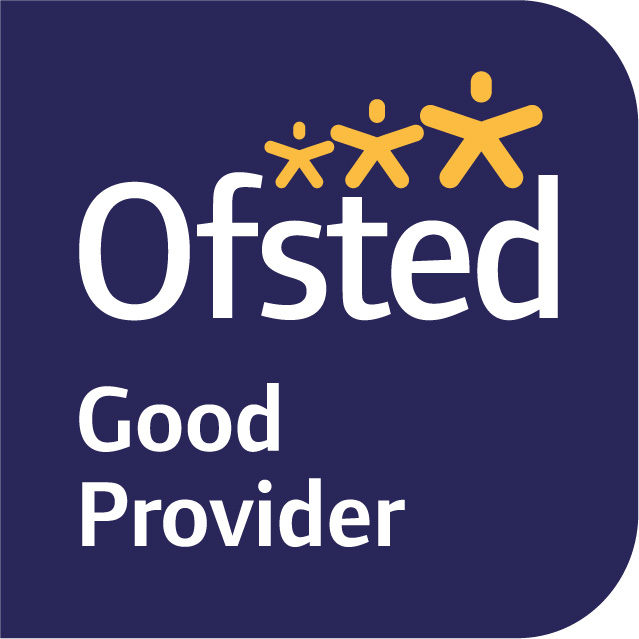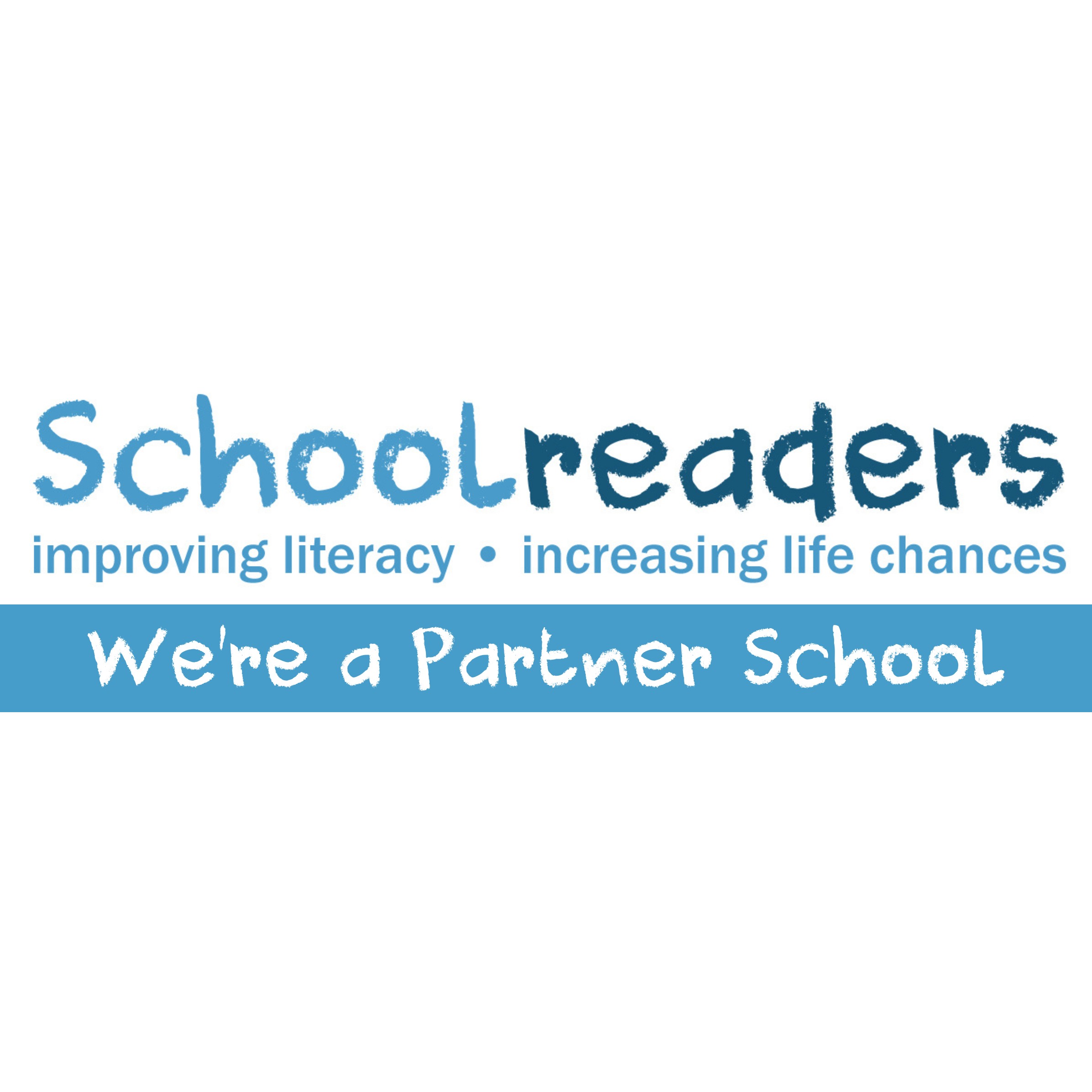Modern Foreign Languages
Our Intent: Why our Modern Foreign Language curriculum looks like this
Learning a foreign language is a liberation from insularity and provides an opening to other cultures. A high-quality languages education should foster pupils’ curiosity and deepen their understanding of the world. The teaching should enable pupils to express their ideas and thoughts in another language and to understand and respond to its speakers, both in speech and in writing. It should also provide opportunities for them to communicate for practical purposes, learn new ways of thinking and read great literature in the original language. Language teaching should provide the foundation for learning further languages, equipping pupils to study and work in other countries.
What are the aims of the Green Lane Curriculum for Modern Foreign Languages?
The Green Lane Curriculum for MFL follows the aims of the National Curriculum to ensure that all pupils:
- understand and respond to spoken and written language from a variety of authentic sources
- speak with increasing confidence, fluency and spontaneity, finding ways of communicating what they want to say, including through discussion and asking questions, and continually improving the accuracy of their pronunciation and intonation
- can write at varying length, for different purposes and audiences, using the variety of grammatical structures that they have learnt
- discover and develop an appreciation of a range of writing in the language studied
MFL Subject Content: Key Stage 2
Teaching may be of any modern or ancient foreign language and should focus on enabling pupils to make substantial progress in one language. The teaching should provide an appropriate balance of spoken and written language and should lay the foundations for further foreign language teaching at key stage 3. It should enable pupils to understand and communicate ideas, facts and feelings in speech and writing, focused on familiar and routine matters, using their knowledge of phonology, grammatical structures and vocabulary.
Pupils should be taught to:
- listen attentively to spoken language and show understanding by joining in and responding
- explore the patterns and sounds of language through songs and rhymes and link the spelling, sound and meaning of words
- engage in conversations; ask and answer questions; express opinions and respond to those of others; seek clarification and help
- speak in sentences, using familiar vocabulary, phrases and basic language structures
- develop accurate pronunciation and intonation so that others understand when they are reading aloud or using familiar words and phrases
- present ideas and information orally to a range of audiences
- read carefully and show understanding of words, phrases and simple writing
- appreciate stories, songs, poems and rhymes in the language
- broaden their vocabulary and develop their ability to understand new words that are introduced into familiar written material, including through using a dictionary
- write phrases from memory, and adapt these to create new sentences, to express ideas clearly
- describe people, places, things and actions orally and in writing
- understand basic grammar appropriate to the language being studied, including (where relevant): feminine, masculine and neuter forms and the conjugation of high-frequency verbs; key features and patterns of the language; how to apply these, for instance, to build sentences; and how these differ from or are similar to English
Implementation and Impact: How do we teach our MFL curriculum and what is the purpose of our MFL curriculum?
| IMPLEMENTATION | IMPACT |
| Our MFL curriculum is taught as part of our Creative Curriculum. Our MFL Teacher is bi-lingual and speaks fluent Spanish and English Lessons are delivered as part of the PPA team. Lessons are 45 minutes long There are 14 lessons in each academic year. Children will have a Spanish Exercise book which will be used across the Key Stage Objectives are taught using a variety of Teaching and Learning strategies and include: Written work Memory games Conversations Songs Rhymes Games with equipment Speaking and Listening Activities Role Play English/ Spanish dictionaries Relevant festivals and celebrations are included when appropriate – depending on topic being covered in other subjects | Children will: Learn to speak Spanish in a cross curricula and creative way. Ask and answer questions in Spanish Develop their listening skills. Be able to orally spell words given to them in Spanish Write down words and short sentences in Spanish Read words and short sentences written in Spanish Be able to hold a short conversation in Spanish Appreciate other ways of living and different cultures Learn how other people and cultures celebrate festivals Use a English/Spanish dictionary |
Please click here to view our Progression of Skills for Modern Foreign Languages.






